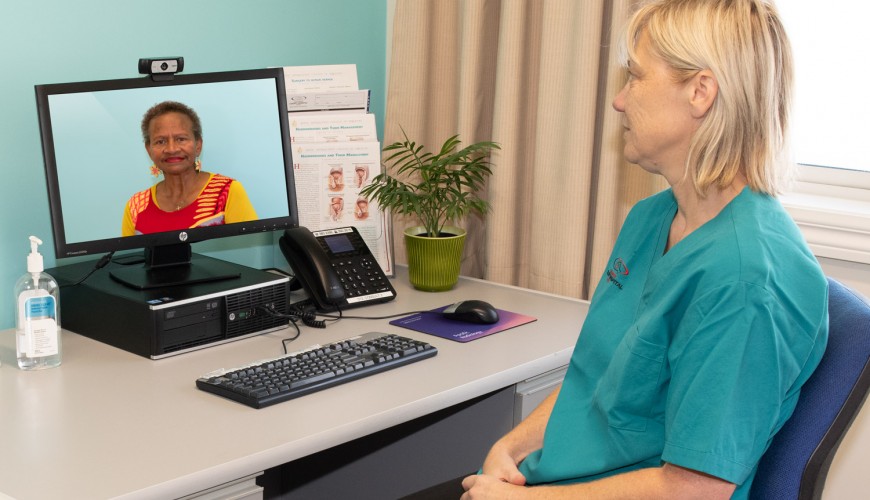Survey results of development of video conferencing for virtual health

Organisation: NZ Telehealth Forum
Date of project: 2021
The survey seeking the views of clinicians on use of videoconferencing for patient consultations received 112 responses from 35 different clinical areas. The responses highlighted that there was opportunity to use video consultations mainly for follow-up consultations that do not require physical examination or where clinical support is available on the patient end. For consultations that do not require physical examination, video consult could be used if the patient is competent in using the technology.
Out of 112 responses, 44% of the respondent highly supported the use of videoconferencing for patient consultation followed by the other 45% in general support and remaining 11% who did not support the use of video consultation. It was further understood that clinicians who did not support use of video consultations had patient cohort that were not suitable for video consultations.
In order to make use of videoconferencing successfully, the respondents emphasised that: resalable technology platform and compatible devices were essential, training has to be provided to build the competency of both the clinicians and the patients, and clinical leadership was essential for the adoption of this approach.
Apart from use of videoconferencing for patient consultation, its use for multidisciplinary team consultation/meetings (MDT) was highlighted as an opportunity to explore.
The 2019 data comparison with a 2016 survey with another group of clinicians showed that the pattern response was constant with similar types of questions. This included: High support for virtual consultation, a reliable platform was essential and patient support was need to succeed.
If you would like more information about this project, please email us.
